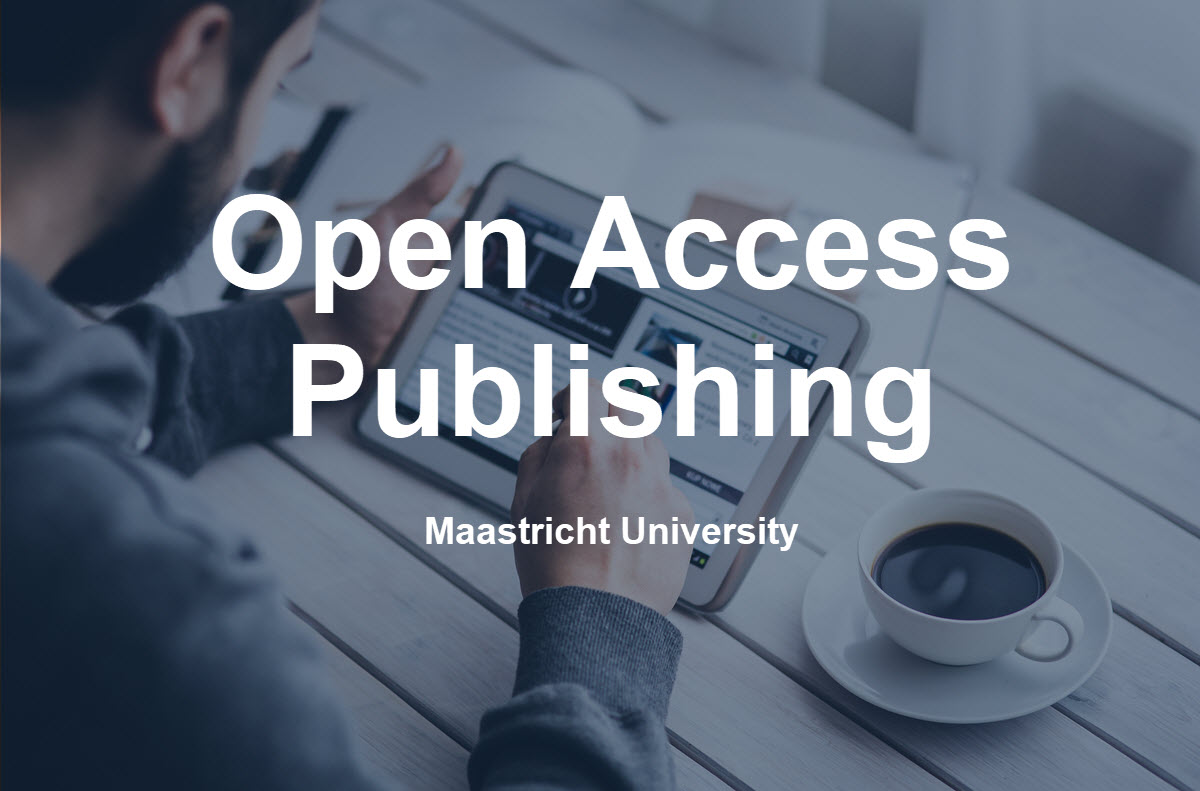The short version in five bullet points
- Universities of the Netherlands (UNL) and the Dutch university libraries (UKB) focus on diversifying and creating a fairer publication landscape.
- In addition to the current Hybrid and Green Open access strategies, we adopt “Full Open Access” and “Diamond Open Access” routes to align with NPOS2030 goals.
- The move responds to European science ministers’ call for a more open and just publication environment.
- We aim to establish agreements with Full Open Access publishers to manage costs and quality.
- We’re also exploring Diamond Open Access, a free reading and publishing model focusing on inclusivity.
Full Open Access: A Growing Trend
Over the past years, the number of publications in Full Open Access journals has experienced significant growth.
Unlike the ‘transformative library deals’, where the library already paid for publishing and the corresponding author receives a discount, the expenses for Full Open Access are currently borne by individual authors. These costs are covered using project budgets, funds at the faculty or institutional level, or subsidies from research financiers such as NWO and ZonMW.
However, the absence of nationwide agreements with publishers of these Open Access journals makes it challenging to control costs, negotiate discounts and ensure the quality of the publication process. This also proves to be inefficient for researchers.
To address this, UNL and UKB plan to enter into pilot agreements with Full Open Access publishers to make these agreements nationally available to other knowledge institutions.
Embracing Diamond Open Access
In addition to pursuing Full Open Access, UNL and UKB focus on Diamond Open Access. This model targets a different financing approach, where both reading and publishing are free.
This inclusivity-driven approach aids scientific fields facing challenges in transitioning to Open Access. It returns ownership of the publication process to the academic community. In this model, the costs for infrastructure and editing are collectively funded by professional associations, institutions, faculties, or subsidies.
A noteworthy example is Openjournals.nl, which receives funding from the Dutch Ministry of Education, Culture, and Science through the Dutch Open Science Control Agency. This initiative provides the promising national technical infrastructure for supporting Diamond Open Access journals.
Another example is Maastricht University Press, a project to launch a library-led Diamond Open Access publisher for scholarly works. The first books, including a conference proceeding, are now available online, and we are finalising two textbooks to launch after summer. Maastricht University Press uses multiple Open Access infrastructures, like Openjournals.nl and PubPub.org.
The Success of the Current Open Access Policy
The Dutch Open Access policy has proven highly successful: 89% of all peer-reviewed articles published by Dutch universities in 2022 are Open Access available.
This success is also evident in the impact: Open Access articles experience higher readership, more downloads, more citations, and reach a broader audience, extending beyond the academic realm.
In recent years, the Open Access strategy has primarily focused on agreements with major publishers (the library discount deals) and the so-called green route (Taverne and Author Manuscripts).
Simplifying through Various Open Access Routes
Researchers engaging in Open Access publishing are being streamlined in the process. Depending on the publisher’s business model, several routes are available, allowing end users to read and reuse publications with an open license without incurring costs:
- Hybrid OA
The journal operates on a subscription model, but individual articles can be published as Open Access. Most library discount deals are with hybrid journals, although we also have arrangements with Full Open Access journals. Always check our OA Journal Browser for available discounts. - Full OA
The journal is only available as Open Access, and all articles are immediately accessible for free with an open license upon publication. Unless there is a library deal, the author bears the publication costs. - Diamond OA
The journal is fully Open Access, and all articles are freely accessible on the publisher’s platform or academic community. The reading and publication costs are paid upfront. - Green OA
After an embargo period, authors deposit their articles in repositories such as the university repository (Pure) or European repositories. In the Netherlands, this is done based on Article 25fa of the Dutch Copyright Act (‘Taverne’) with a 6-month embargo.
These diverse routes and arrangements enable the availability of Open Access publications across nearly all academic domains.
Conclusion and more information
In conclusion, the joint efforts of UNL and UKB towards a more inclusive and diverse publishing landscape through Open Access initiatives demonstrate a commitment to fostering equitable access to scientific knowledge.
By embracing both Full Open Access and Diamond Open Access, we are working towards a future where researchers and readers can benefit from a fairer and more accessible academic publishing environment.
More information:
- UNL – Op weg naar een inclusiever en diverser publicatielandschap (source)
- NPOS – Open Science 2030 in the Netherlands: NPOS2030 Ambition Document and Rolling Agenda
- Science | Business – EU research ministers make fresh call for a full transition to free open access publishing
- Maastricht University – Open Science
- Maastricht University Press: maastrichtuniversitypress.nl
- Open Access Publishing @UM: Open Access Portal
If you have questions or remarks about this post or the services mentioned, please get in touch with one of our Open Access publishing specialists, Ron Aardening or Michel Saive. Or submit a comment at the bottom of this post.


0 Comments